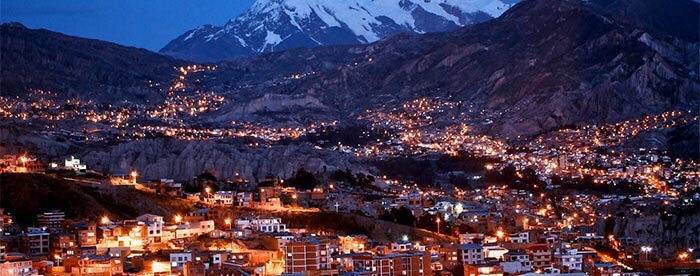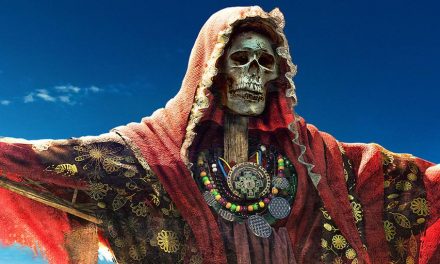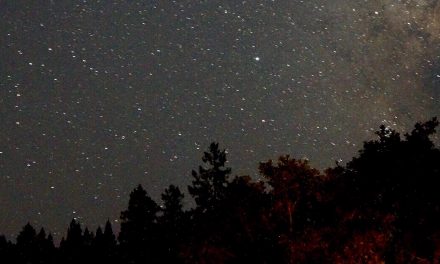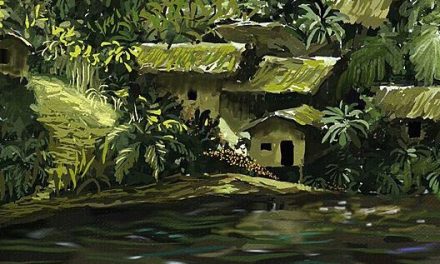Hollywood may have glorified the kind of work we do, but the truth is far less glamorous, much dirtier, and less black-and-white than anything shown on-screen. Luckily I can at least be frank here – these records won’t be unsealed for decades, if ever.
Codenamed “Gazelle” and “Nomad,” my partner and I were dropped off into Bolivia with one goal in mind: destabilize the large-scale cocaine operations that had taken control of the country, leaving a power vacuum that local rebels could exploit to take back the government. That’s what they always tell you, by the way – that you’re doing the “right thing” for the “right people.”
I’m not here to judge or editorialize about my orders. These operations are bad business, but there’s demand for services all over the globe. Gaz and I had been around the block before, working together in Africa and the Far East, and knew how to work as a unit. We knew the score, knew the job: get in, make a mess, get out.
Gaz took a great deal of pride in her sniping ability. It was a contest for her, always trying to hit the most difficult shots possible, from as far away as the scope would allow. Not afraid to get up close and personal when the need arose, she was also well-traveled when it came to making things go boom. She was patient and efficient, but not afraid to improvise.
For my part I preferred the up-close and personal: clearing buildings, defending a location, providing cover fire while principals escape. I had light fingers and was good driving a chopper, something Gaz genuinely appreciated – nobody expects an assassination from 500′ in the air with low visibility.
Hadn’t done much work in South America before, so Bolivia was new to me. Huge swings in elevation, llamas and sheep everywhere, and most towns only accessible by rugged truck or helicopter. The latter was made more difficult by the local military, wholly owned by the cartel, having put up new surface-to-air missile silos all over the place, the former by roving patrols of cartel foot soldiers looking for dissidents.
The rebels had a pretty solid network, and a lot of support among the people, but they were sorely wanting for supplies. From our initial briefing it was clear that we’d both be taking down key pillars of the cartel’s operations and “liberating” foodstuffs, medical supplies, weapons, and even gasoline for the rebel forces. Gaz and I realized this would be a long field trip.
It was time to meet the locals and make some friends.













